Keywords: Army
There are more than 200 results, only the first 200 are displayed here.
-
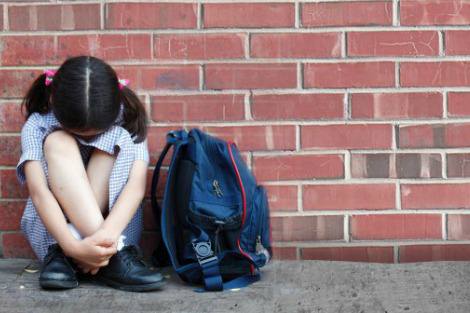
ARTS AND CULTURE
- Barry Gittins
- 24 February 2017
7 Comments
Squarely back into the school year, dinner conversations with our kids have included strategies for dealing with bullies. A 2016 survey of 20,000 Australians students found one in four respondents reported being bullied, and bullying 'was more common for year 5 students and year 8' - the grade levels of our boy and girl respectively. I'd love to be the 'parent nonpareil', with the right words and advice, but it's not that simple. The variables of personality and situation mean there is no easy, perfect answer.
READ MORE 
-

RELIGION
- Frank Brennan
- 17 February 2017
3 Comments
The commission's forensic scrutiny of past actions of church officials in no way constitutes an interference with the freedom of religion. Its spotlight is to be welcomed, provided only that it is shone on a truly representative sample of all institutions which have been found wanting and provided the same light filter is applied to all institutions. I do however have a problem with the commission making findings on issues like the want of compassion when those findings are made only against a Church.
READ MORE
-
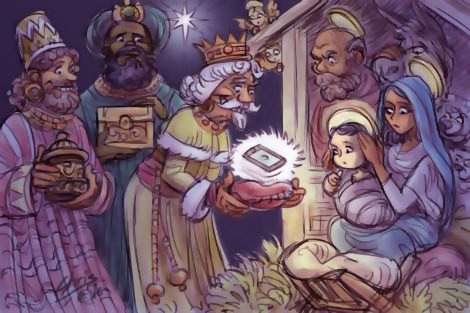
INTERNATIONAL
- Francine Crimmins
- 19 December 2016
22 Comments
A few years ago I woke up on Christmas morning to see a small, neatly wrapped gift under the tree. The size and shape were familiar and I was excited to see my name on the gift tag. I'd wanted a new phone all year ... one with one of those touch screens everyone else seemed to have. A few months later I could no longer feel pride for my phone, instead just guilt. I'd sat down and watched a documentary about how phones just like mine were manufactured.
READ MORE 
-
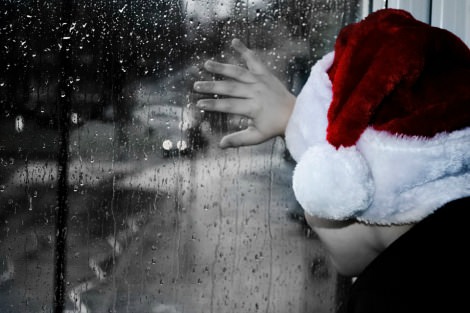
ARTS AND CULTURE
- Barry Gittins
- 06 December 2016
5 Comments
Cricket games, feasts, the origami orgy of Christmas present wrappings rent asunder ... the underlying truth in all of this, for many of us, is deep emotional pain and loneliness that's gone unheard, unnoticed, all year. Family is both a lodestone and a millstone at Christmas. It's a truth magnified by aspirational love. As Pope John XXIII once said, cutting close to home, 'Mankind is a great, an immense family. This is proved by what we feel in our hearts at Christmas.' It's a big ask that carries a price.
READ MORE 
-
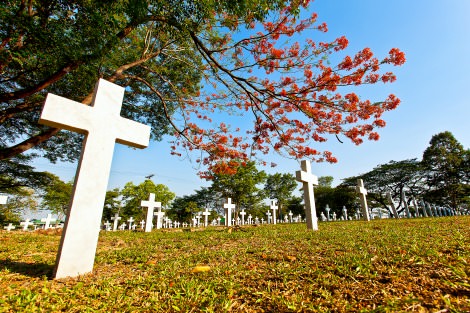
INTERNATIONAL
- Fatima Measham
- 24 November 2016
5 Comments
Technicalities seldom withstand moral grievance. So it is with Philippine president Rodrigo Duterte's justification for allowing the remains of a reviled dictator to be buried at Libingan ng mga Bayani - the Heroes' Cemetery. Young Filipinos, observing recent political disorder, had begun wondering whether Marcos was really that bad. But the disgusted response of millenials and others to the sneaky burial suggests that the pushback against historical revisionism is paying off.
READ MORE 
-
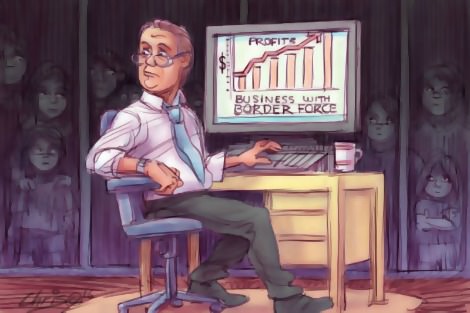
AUSTRALIA
- Rod Grant
- 18 November 2016
18 Comments
Having a sense of something as right or wrong, good or bad, is the essence of humanity. We get it from home, from education, religion, friends, the media. It's the sniff test or the pub test or the gut feeling or the Bible or Quran or Torah. We all have it. And just as people have a sense of right and wrong, we also have a very good humbug detector, and it's clanging loudly when politicians unctuously claim all their 'stop the boats' strategies are driven by desire to prevent drownings at sea.
READ MORE 
-
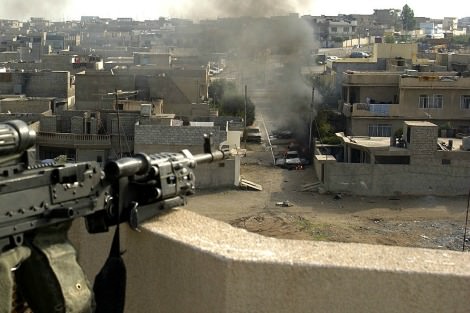
INTERNATIONAL
- Justin Glyn
- 25 October 2016
5 Comments
This is a tale of two cities. Both are occupied by militants holding to an extremist reading of Islam which gives no space to other faiths or opposing voices. In both cases, the defenders are using civilians as human shields and preventing them from leaving in the breaks granted by the besieging forces. Both are under attack by the internationally recognised governments of the countries in which they are situated. In both cases, civilians are suffering. Yet the narratives in the west are wildly different.
READ MORE 
-
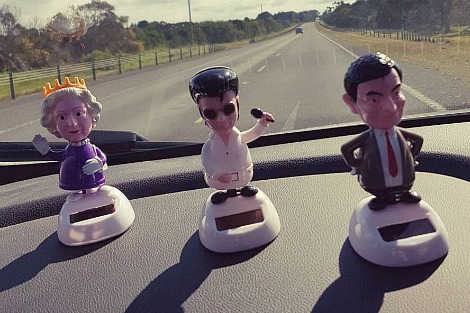
ARTS AND CULTURE
- Barry Gittins
- 13 October 2016
1 Comment
I attempted at one stage to lodge snippets of William Blake's Songs of Innocence and of Experience into the minds of our children. Emily complained that 'symmetry' didn't really rhyme with 'hand or eye'; Ben was and is more into dragons than tigers. The question later pondered of Blake's tiger 'Did He smile His work to see? Did He who made the lamb make thee?' regularly confronts me, as my wife semi-mourns and I embrace the maturing process that is taking our children towards adulthood.
READ MORE 
-

ARTS AND CULTURE
- Tim Kroenert
- 28 September 2016
1 Comment
Snowden's disclosures regarding the data-mining activities of the US government sparked a worldwide debate about security versus privacy that rages to this day. If his status as either a villain or a hero - a traitor, or the ultimate patriot - remains a matter of debate in some circles, you won't die wondering in which camp Oliver Stone sits. In Snowden the famously didactic filmmaker posits an utterly sympathetic portrait within the structure of a lithe and gripping political thriller.
READ MORE 
-

RELIGION
- Frank Brennan
- 23 September 2016
18 Comments
'No good will be served by a royal commission auspiced by the state telling a Church how it judges or complies with its theological doctrines and distinctive moral teachings. By all means, set universal standards of practice expected of all institutions dealing with children, but do not trespass on the holy ground of religious belief and practice.' Fr Frank Brennan SJ addresses the Freedom for Faith Conference in Melbourne, 23 September 2016.
READ MORE
-
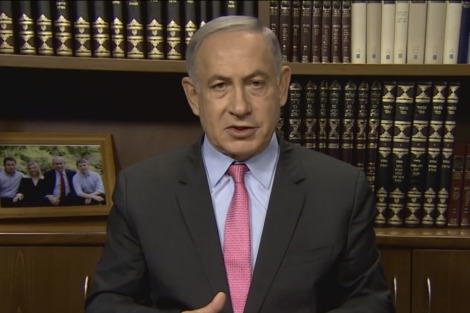
AUSTRALIA
- Ruby Hamad
- 19 August 2016
10 Comments
This week, Israeli PM Benjamin Netanyahu claimed that although 'some of you will not believe' it, he 'cares more about Palestinians than their leaders do'. He is right - I don't believe him, not least because what he is saying is nothing new. Israel has long been claiming that it only harms Palestinians because Palestinians force them to do it. As well as making Israel sound remarkably like an abusive partner (Why did you have to go and make me hit you?) this is also Dehumanisation 101.
READ MORE 
-
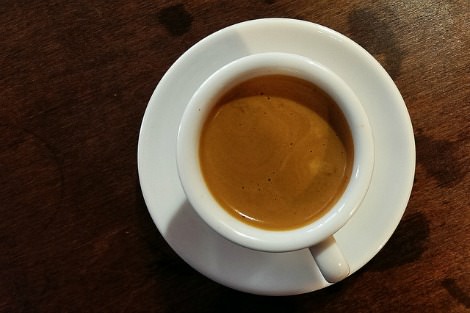
AUSTRALIA
- Barry Gittins
- 15 August 2016
12 Comments
Within the first 20 minutes of my morning, I pay homage to life by partaking in that glorious gift to humanity, coffee. As well as the contested space around coffee's possible physical health benefits and purported dodgy effects, going for a coffee is good for the soul. Humans are social creatures, and coffee lubricates our communing. Over a cuppa I have shared hardships, counselled and been counselled, listened to tales of brokenness and celebrated the wins that punctuate our travails.
READ MORE 